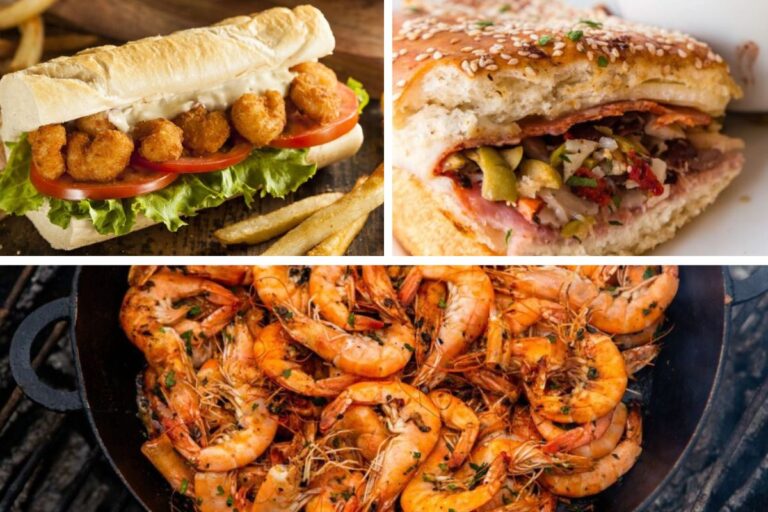15 Foods to Stop Eating for Effective Weight Loss After 40
As we age, our metabolism slows down, and our bodies change, making weight management more challenging. Making smarter food choices is key if you’re over 40 and looking to shed some pounds.
Certain foods can contribute to weight gain and affect your overall health, so it’s important to know which ones to avoid. Here are 15 foods you should consider cutting out of your diet to help you achieve effective weight loss and maintain a healthier lifestyle.
Sugary Drinks

Sugary drinks like sodas, energy drinks, and sweetened coffees are packed with empty calories that can quickly add up. They provide no essential nutrients and can lead to weight gain, especially around the belly area.
Instead of sugary drinks, opt for water, herbal teas, or sparkling water with a splash of fruit. Reducing your intake of these beverages can help you cut calories and improve your overall health. Switching to healthier drink options can greatly affect your weight loss journey.
Processed Foods
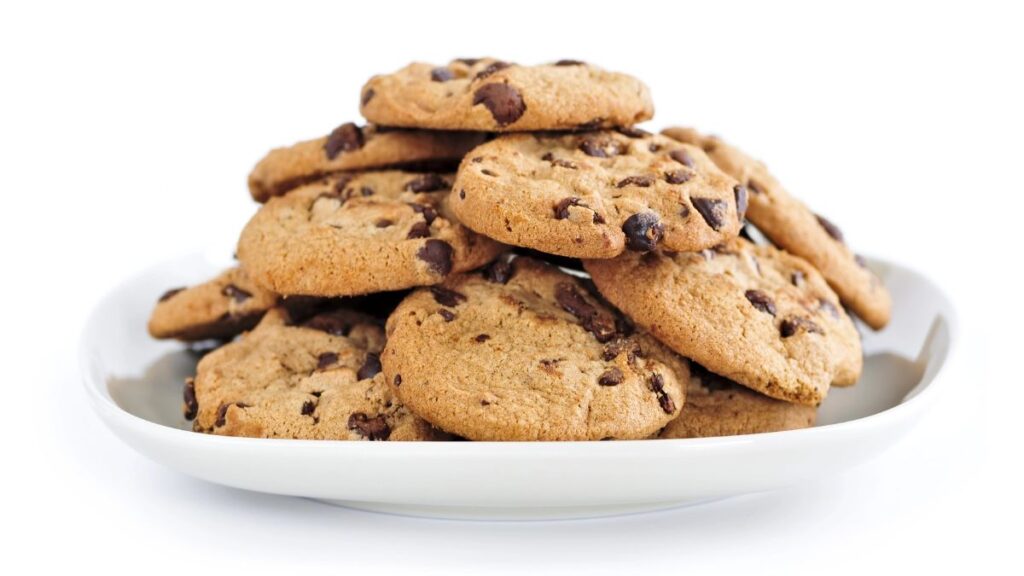
Processed foods, such as chips, cookies, and frozen meals, often contain high levels of unhealthy fats, sugars, and sodium. These foods can lead to weight gain and negatively impact your health.
They are also low in essential nutrients and high in empty calories. To lose weight effectively, focus on eating whole, unprocessed foods like fruits, vegetables, lean proteins, and whole grains. Cutting back on processed foods can help you stay on track with your weight loss goals.
White Bread
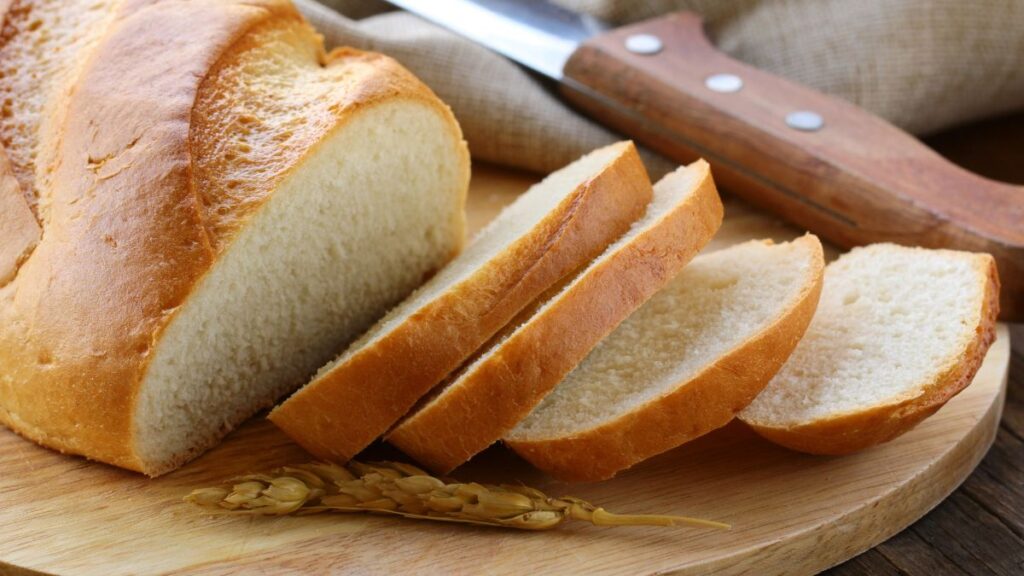
White bread is made from refined flour that has been stripped of its nutrients and fiber. It can cause spikes in blood sugar levels, leading to increased hunger and potential weight gain. Instead, choose whole grain or whole wheat bread, which offers more fiber and nutrients.
Whole grain options can help keep you full longer and support better digestive health. Making this simple switch can positively impact your weight loss efforts.
Fried Foods
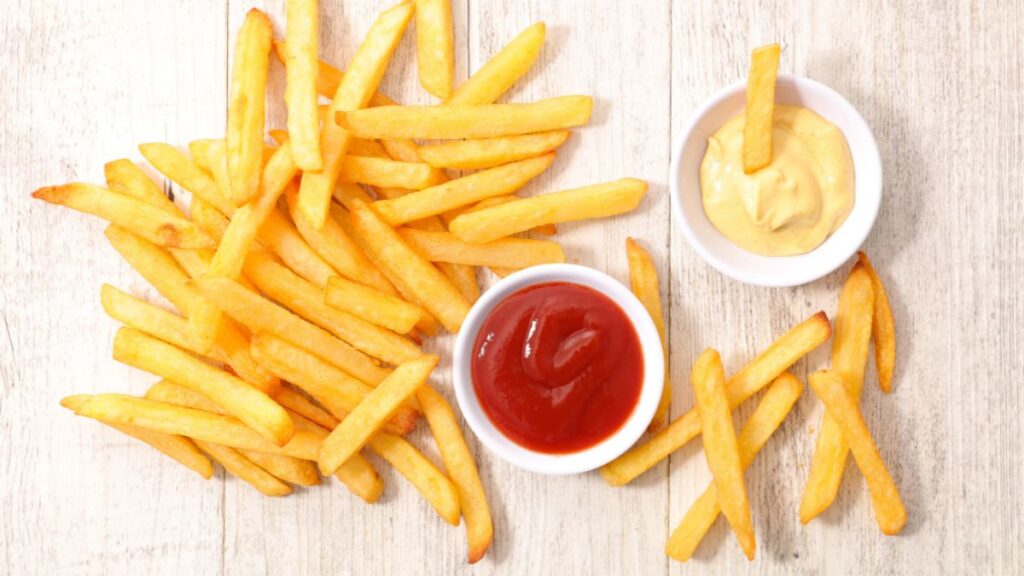
Fried foods like fried chicken, French fries, and doughnuts are high in unhealthy fats and calories. They can contribute to weight gain and increase your risk of heart disease. The high-fat content in fried foods can also lead to slower digestion and less satiety.
Opt for baked, grilled, or steamed options instead. Reducing your consumption of fried foods can help you lose weight and improve your overall health.
Candy and Sweets
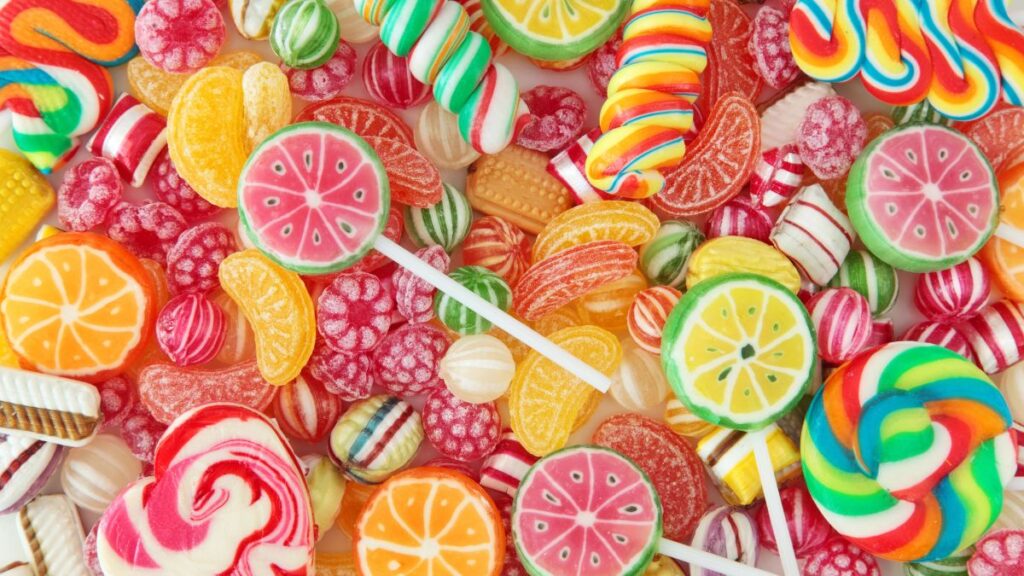
Candy and sweets are loaded with sugar and provide little nutritional value. They can lead to weight gain and negatively affect your blood sugar levels. Consuming too much sugar can also increase your cravings for more sugary foods.
Choose healthier snacks like fruit, nuts, or yogurt instead. Cutting out candy and sweets can help you manage your weight and support better overall health.
High-Calorie Coffee Drinks

High-calorie coffee drinks, such as flavored lattes, frappuccinos, and cream-based coffees, can be loaded with sugars and fats. These drinks can quickly add extra calories to your daily intake and contribute to weight gain.
Instead, opt for black coffee or coffee with a splash of milk or a sugar-free sweetener. Keeping your coffee choices simple can help you avoid unnecessary calories and support your weight loss goals.
Pastries and Baked Goods
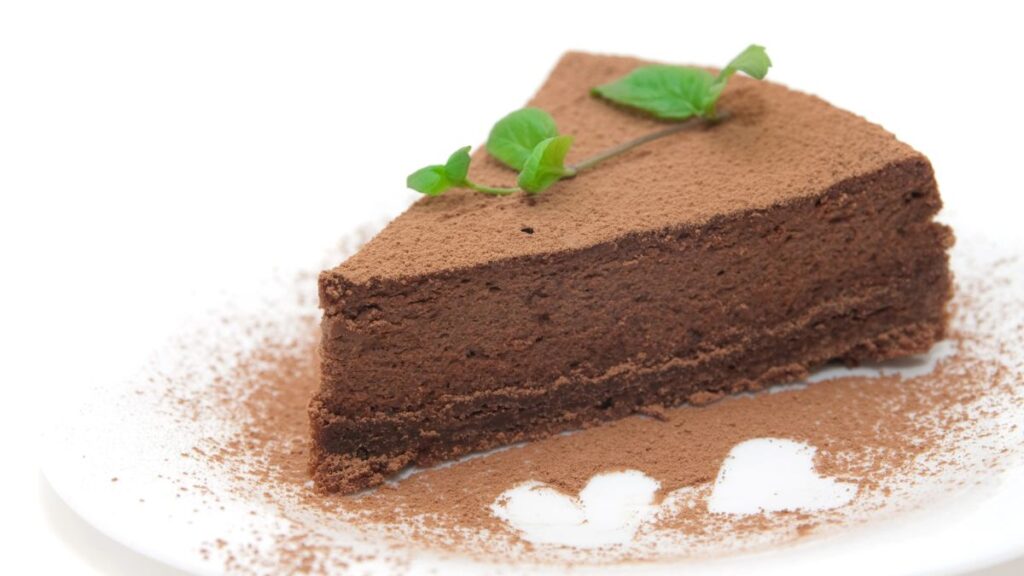
Pastries and baked goods, like croissants, muffins, and cakes, are often high in sugar and unhealthy fats. They can contribute to weight gain and provide little nutritional benefit. These items can also lead to rapid spikes in blood sugar levels.
Choose healthier alternatives like whole grain options or homemade treats with less sugar and healthier fats. Reducing your intake of pastries and baked goods can help you stay on track with your weight loss efforts.
Ice Cream
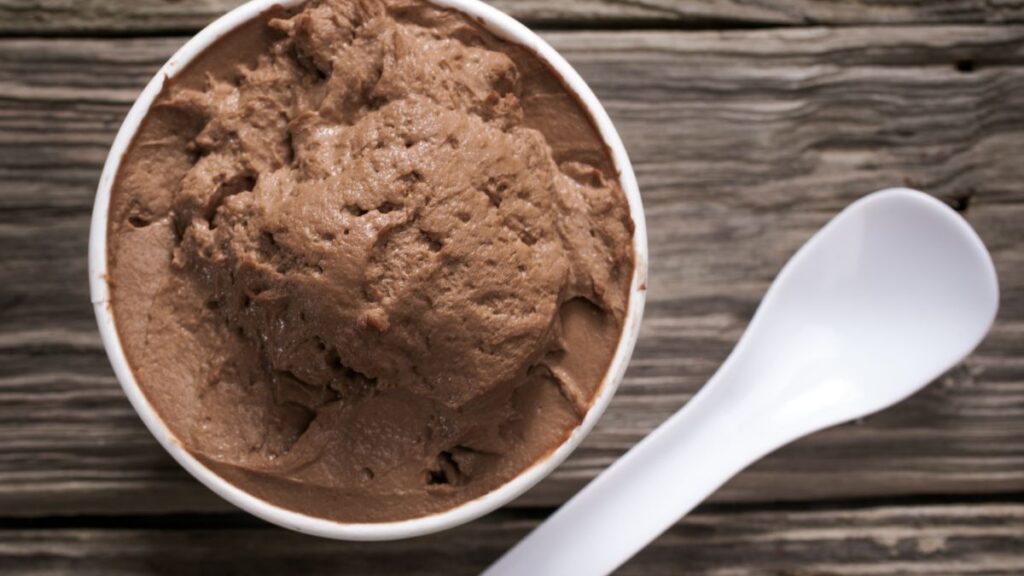
Ice cream is high in sugar and fat, making it a calorie-dense treat that can contribute to weight gain. While it can be tempting to indulge, frequent consumption can hinder your weight loss progress.
Consider healthier frozen dessert options like Greek yogurt or fruit-based sorbets. These alternatives can satisfy your sweet tooth without the extra calories. Cutting back on ice cream can support your weight loss journey and improve your overall diet.
Potato Chips
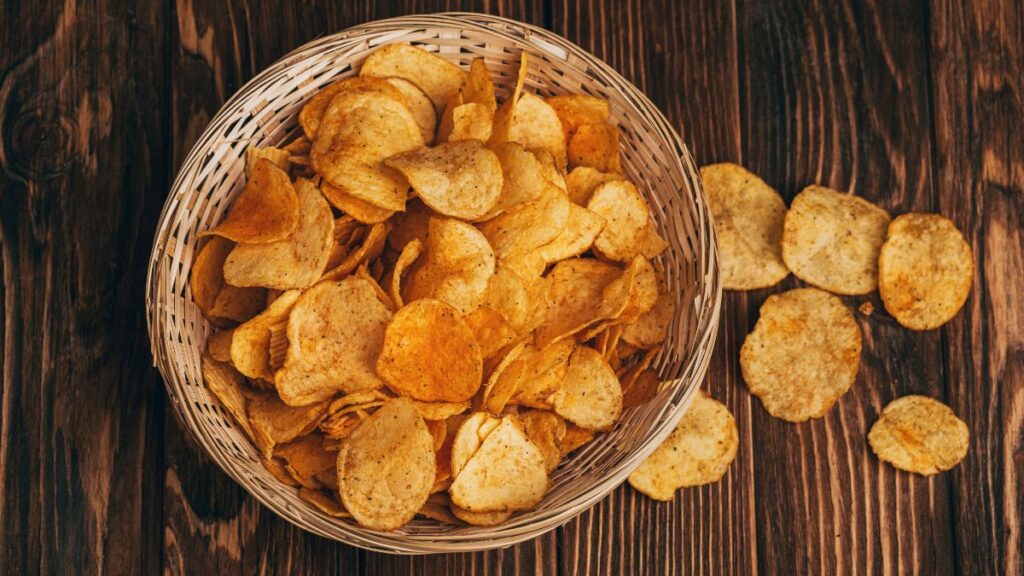
Potato chips are high in unhealthy fats, calories, and sodium. They can lead to weight gain and increase your risk of high blood pressure and heart disease. The combination of salt and fat in potato chips can also be addictive, making it easy to overeat.
Opt for healthier snacks like air-popped popcorn or vegetable sticks with hummus. Reducing your intake of potato chips can help you manage your weight and improve your health.
Canned Soups
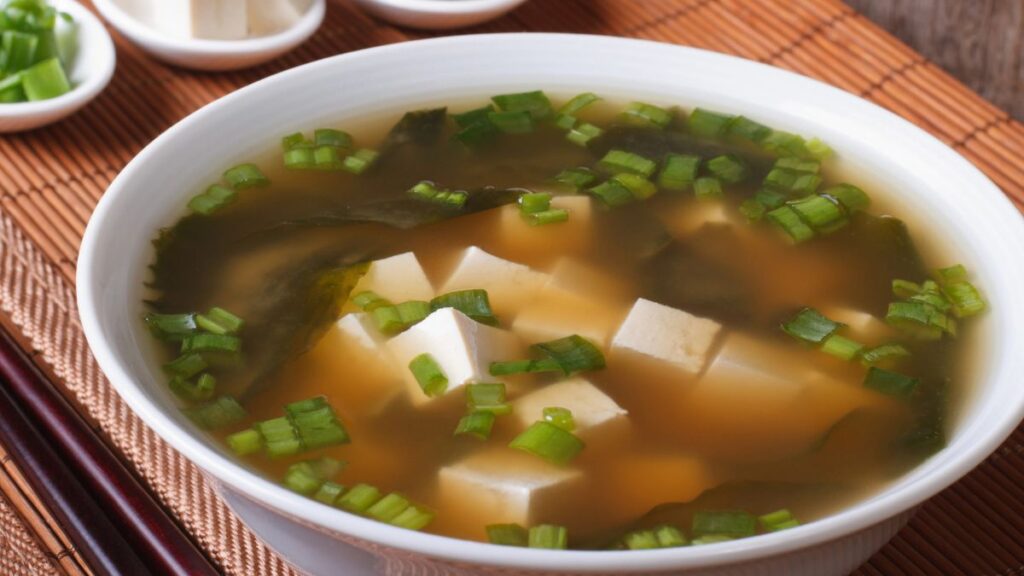
Canned soups can be high in sodium, unhealthy fats, and preservatives, which can contribute to weight gain and other health issues. The excess sodium can lead to water retention and bloating.
Choose lower-sodium options or make homemade soups with fresh ingredients. Homemade soups can be more nutritious and help you control the amount of salt and fat in your diet. Avoiding high-sodium canned soups can support better weight management and overall health.
Sweetened Yogurts
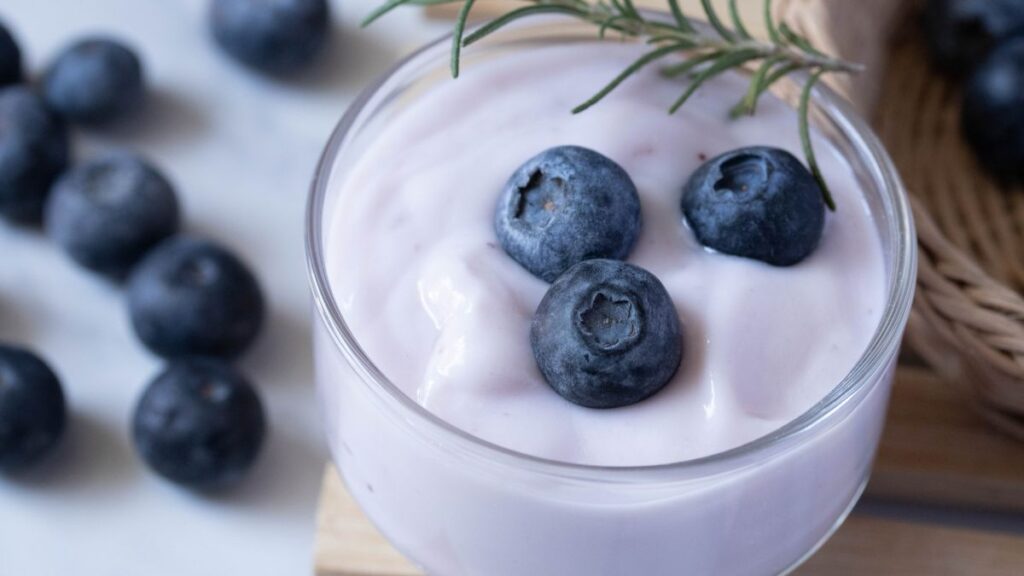
Sweetened yogurts often contain added sugars that can increase your calorie intake and contribute to weight gain. They may also have less protein and more unhealthy fats compared to plain yogurt.
Opt for plain Greek yogurt or yogurt with no added sugars, and add your own fruit or a drizzle of honey if needed. This choice can provide more nutrients and help you manage your weight better. Swapping sweetened yogurts for healthier options can support your weight loss goals.
White Rice
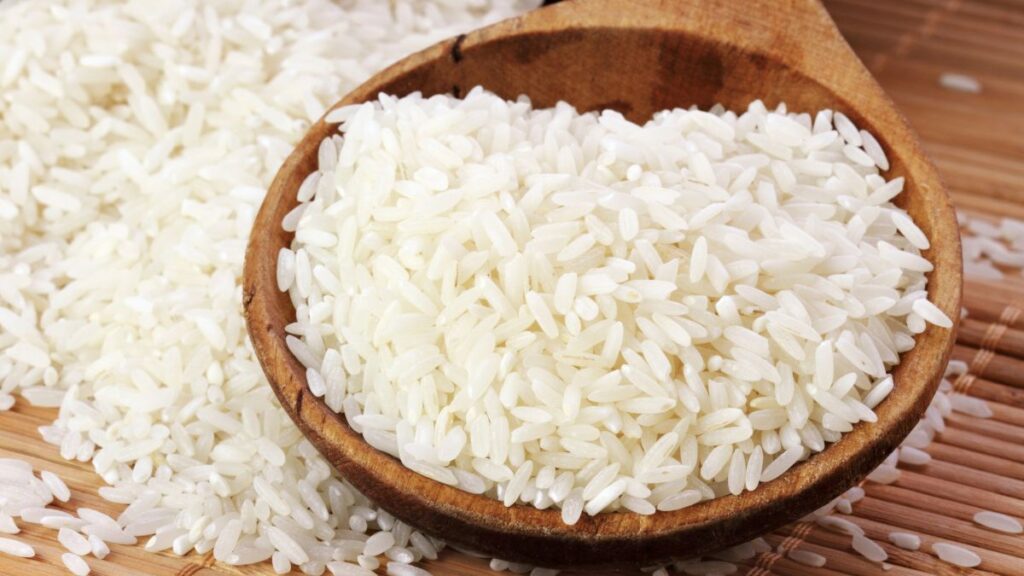
White rice is a refined grain that has been stripped of its nutrients and fiber. It can cause spikes in blood sugar levels and contribute to weight gain. Choose brown rice, quinoa, or other whole grains instead.
These alternatives provide more fiber and nutrients, helping you stay full longer and supporting better digestion. Reducing your intake of white rice can improve your overall diet and help with weight loss.
Granola Bars
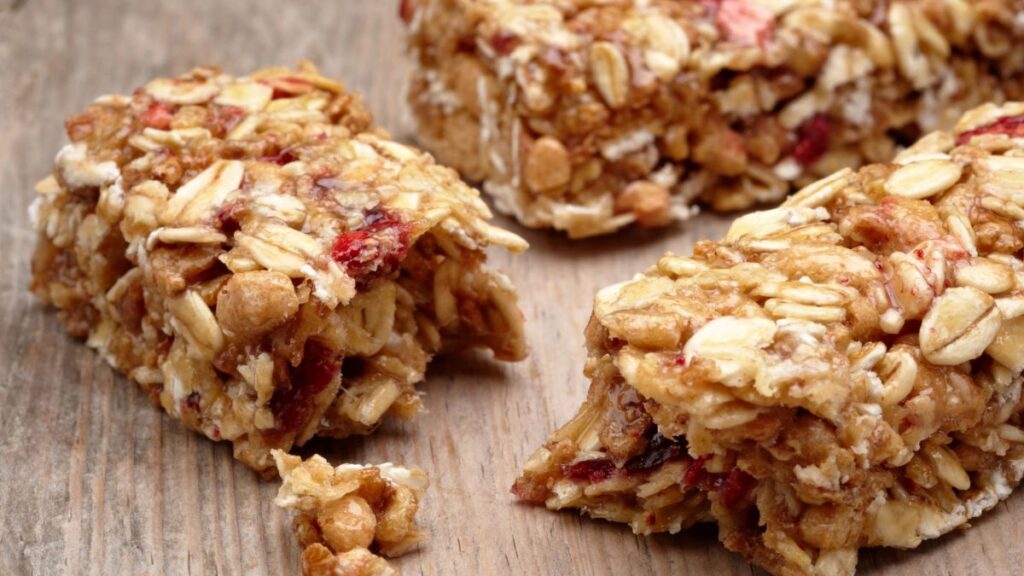
Granola bars can be misleading as they often contain hidden sugars and unhealthy fats. Many store-bought granola bars are high in calories and low in nutrients. Instead, choose homemade granola bars with natural ingredients or opt for healthier snacks like nuts or fruit.
Reading labels carefully can help you avoid granola bars with excessive added sugars. Cutting back on granola bars can help you maintain a healthier diet and support your weight loss efforts.
Alcohol

Alcoholic beverages are high in empty calories and can lead to weight gain. Drinking alcohol can also lower your inhibitions and lead to poor food choices. Reducing alcohol consumption can help you cut unnecessary calories and support better weight management.
Opt for water, herbal teas, or sparkling water instead. Cutting back on alcohol can positively impact your weight loss journey and overall health.
High-Sugar Breakfast Cereals
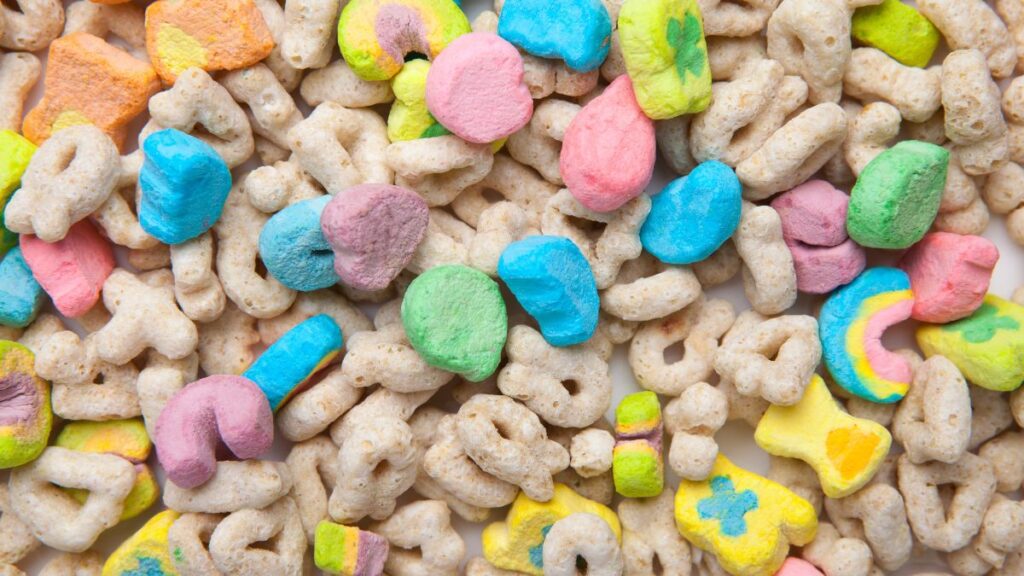
High-sugar breakfast cereals can be loaded with refined sugars and provide little nutritional value. They can lead to spikes in blood sugar levels and increased cravings for more sugary foods.
Choose whole-grain cereals with lower sugar content or opt for oatmeal and fruit instead. These options offer more nutrients and can help keep you full longer. Avoiding high-sugar cereals can support your weight loss goals and improve your diet.
15 Places Where You’re Expected to Tip—But You Really Don’t Have To
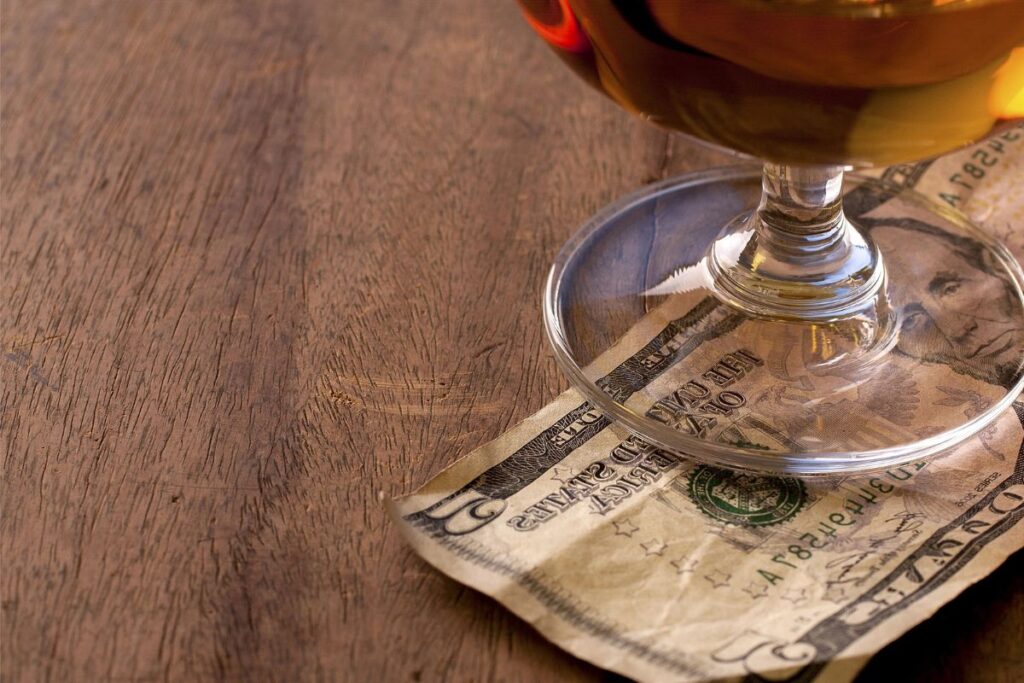
Tipping has become a widespread practice in many industries, with the expectation that you’ll leave a little extra for good service. However, not every situation truly warrants a tip, even if you feel pressured to give one.
15 Places Where You’re Expected to Tip—But You Really Don’t Have To
15 Most Annoying Habits of American Tourists When Dining Abroad

Traveling abroad is an exciting adventure, and dining in new places is a big part of the experience. However, some common behaviors by American tourists can be frustrating for locals and affect the dining experience.
15 Most Annoying Habits of American Tourists When Dining Abroad



